Most of us are aware of the most serious crimes—violence, theft, vandalism, etc. But there are a number of lesser-known, less significant offenses that could make you an unwitting criminal. This article describes 18 activities you might regularly be doing that are technically illegal in some or all states in America. Prepare to accept that you are, in fact, a felon!
Abandoning Your Shopping Cart
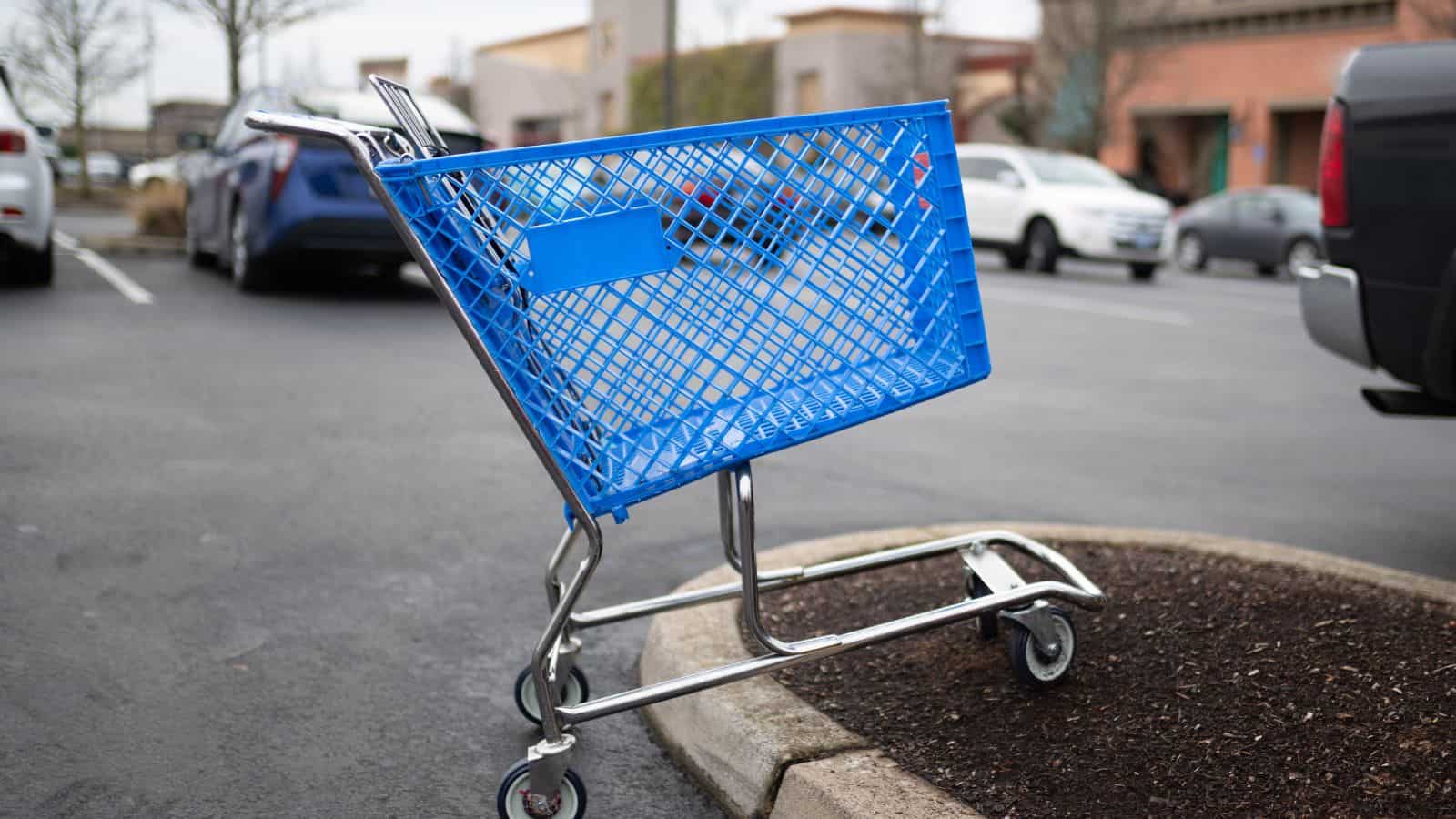
It’s only a minor inconvenience, but several municipalities have made leaving your shopping cart in a parking lot illegal. Most stores have designated corrals for used carts and this helps keep the parking lot safe and accessible for vehicles and pedestrians. Returning your cart properly also prevents accidental property damage and is the courteous (and legal) thing to do.
Open Containers

Most states have laws about open alcohol receptacles in public places. Forbes asserts that the entire western U.S. and most of the East Coast and northeastern states do not permit open cans, bottles, or kegs in unlicensed locations besides private property. So, having a beer while picnicking in the park could technically land you in hot water.
Leaving Your Car Unlocked with the Keys Inside

This offense is officially described as “leaving a motor vehicle unattended” and is illegal in several U.S. states. Unless you’re inside or next to your car, you must remove the keys from the ignition before going about your business. This legislation aims to deter joyriders and thieves and even applies if the car is parked on a private driveway.
Sharing Passwords
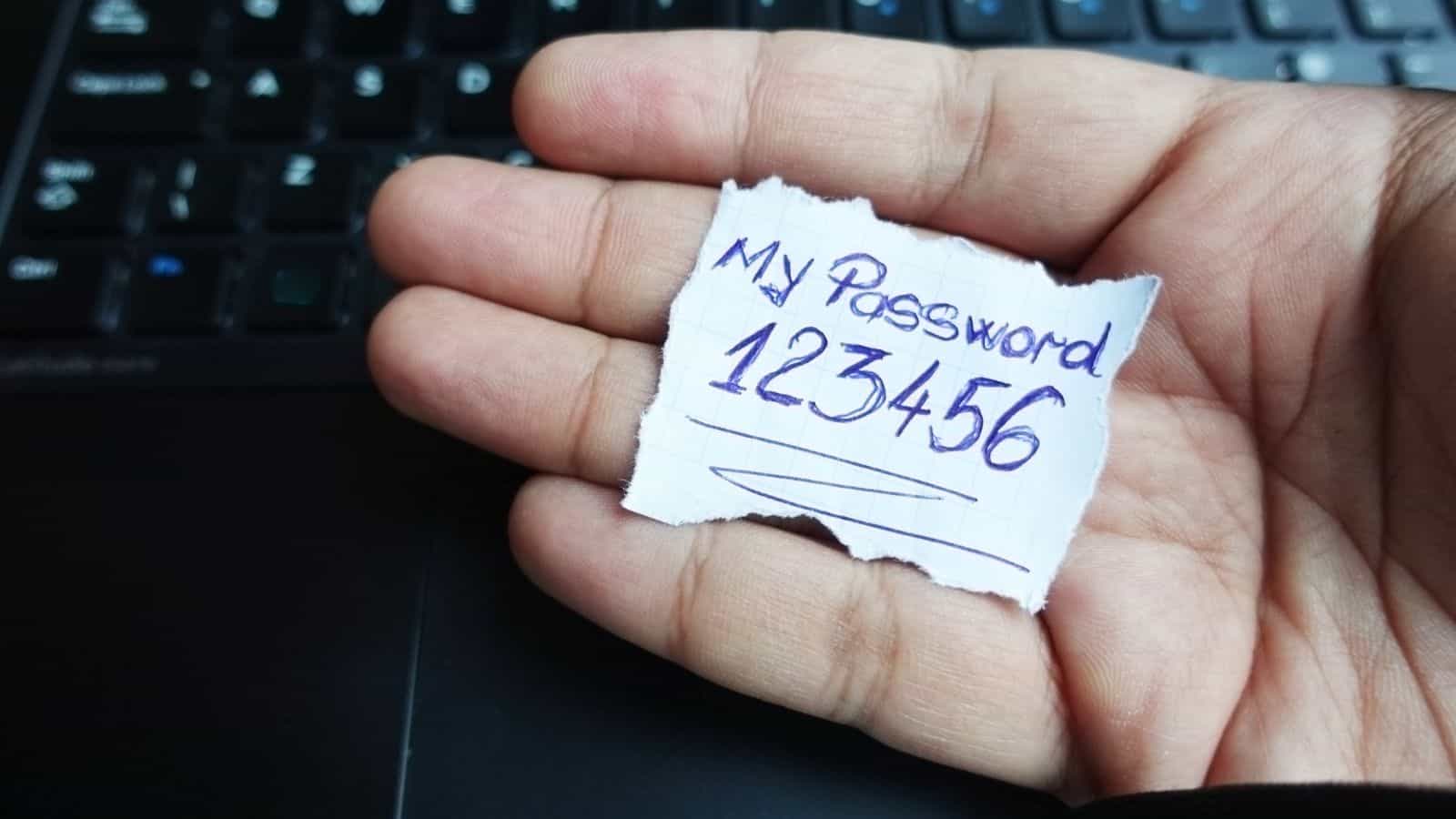
Many of us are guilty of sharing Netflix passwords or other subscription log-in details, yet this is in breach of the terms of service agreement you will have signed when you first signed up for the account. Although it’s difficult to prove and almost never prosecuted, you’re technically breaking the law if you do anything officially promised not to do in a legal document.
Recording Conversations Without Consent

Recording conversations without the knowledge or consent of everyone involved can be a criminal offense in many states, including California and Florida. This protects people’s privacy and prevents unauthorized recording of sensitive information. The laws vary between locations, and specific requirements or clauses often apply.
Public Intoxication

According to the Office of Justice Programs, “Public drunkenness accounts for about 1 million arrests in the U.S. each year, as well as about 10 percent of local jail inmates.” However, most police departments tend to give a warning and send the drunkard home unless they’re posing a threat to peace, people, or property. Still, it’s illegal, even if you’re over 21.
Selling Homemade Food

Want to make some extra cash selling homemade produce like cakes and jams? You must first familiarize yourself with your state’s cottage food laws. Many municipalities require permits or licenses for selling homemade food due to the risk of foodborne disease from unregulated food safety practices. If you breach local laws, you could receive a fine or have your goods confiscated.
Not Picking Up After Your Dog

Pet ownership comes with responsibilities, and one of those is to ensure that your furry friend’s poop doesn’t inconvenience others or pose a threat to public sanitation and safety. Most cities and towns have laws mandating pet owners pick up their dog’s waste from sidewalks, parks, and other public areas. This ensures a clean, healthy environment for everyone.
Jaywalking
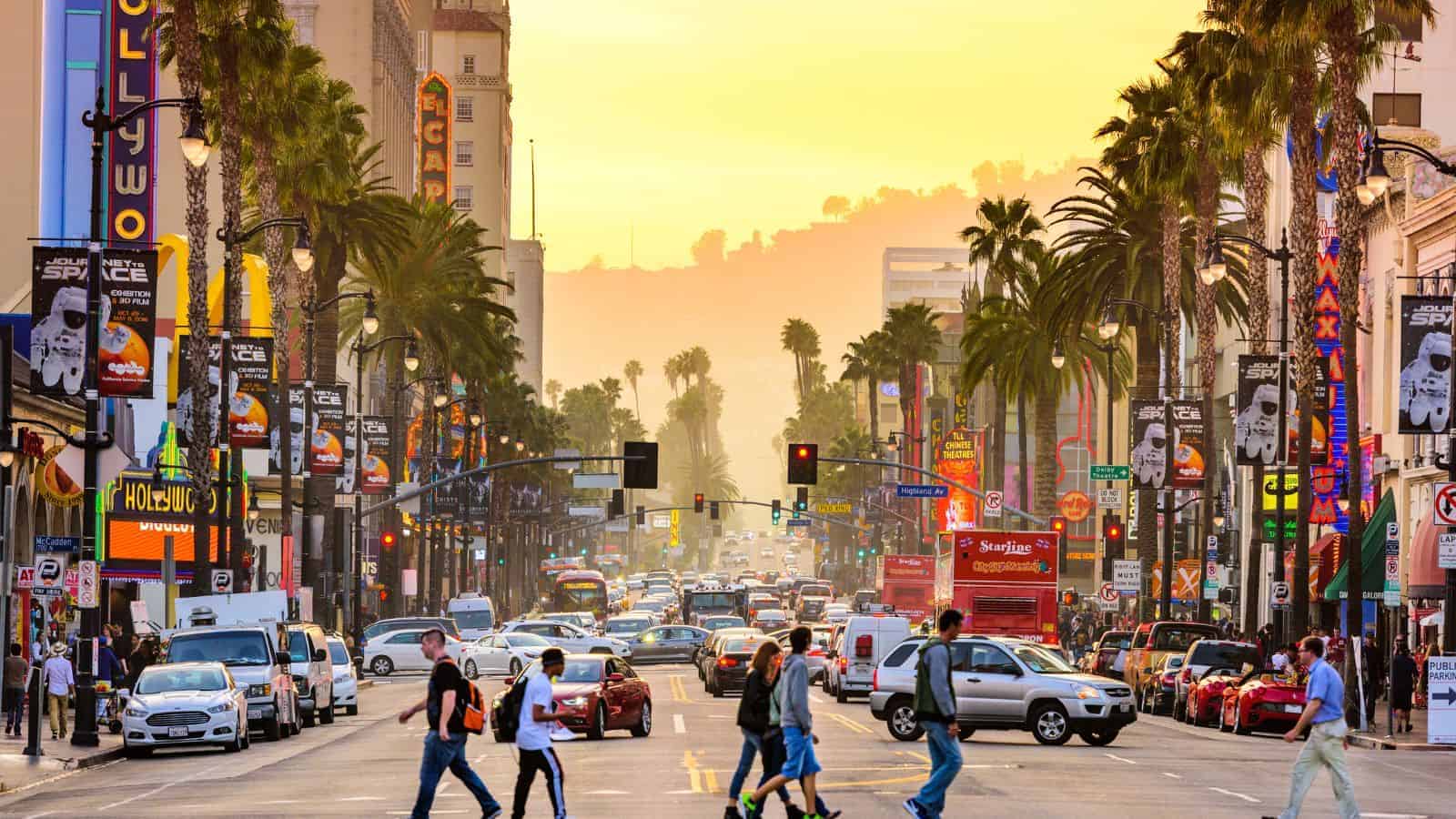
The term “jaywalking” is often used colloquially to describe crossing the street without using a designated crosswalk at any time. However, the legality varies by state and municipality. Some areas have specific laws against jaywalking, while others only issue fines if the crossing is deemed unsafe to the perpetrator or others, like walking across the middle of a busy intersection.
Feeding Wildlife

Leaving food out for wildlife like birds, squirrels, or deer seems like a compassionate gesture, but it is illegal in several American states. High Desert Wildlife Control asks people to “keep wildlife wild” and refrain from feeding wild animals to prevent human or animal injury, disease transmission, and overpopulation. This also applies in most national parks and wildlife refuges.
Burning Yard Waste
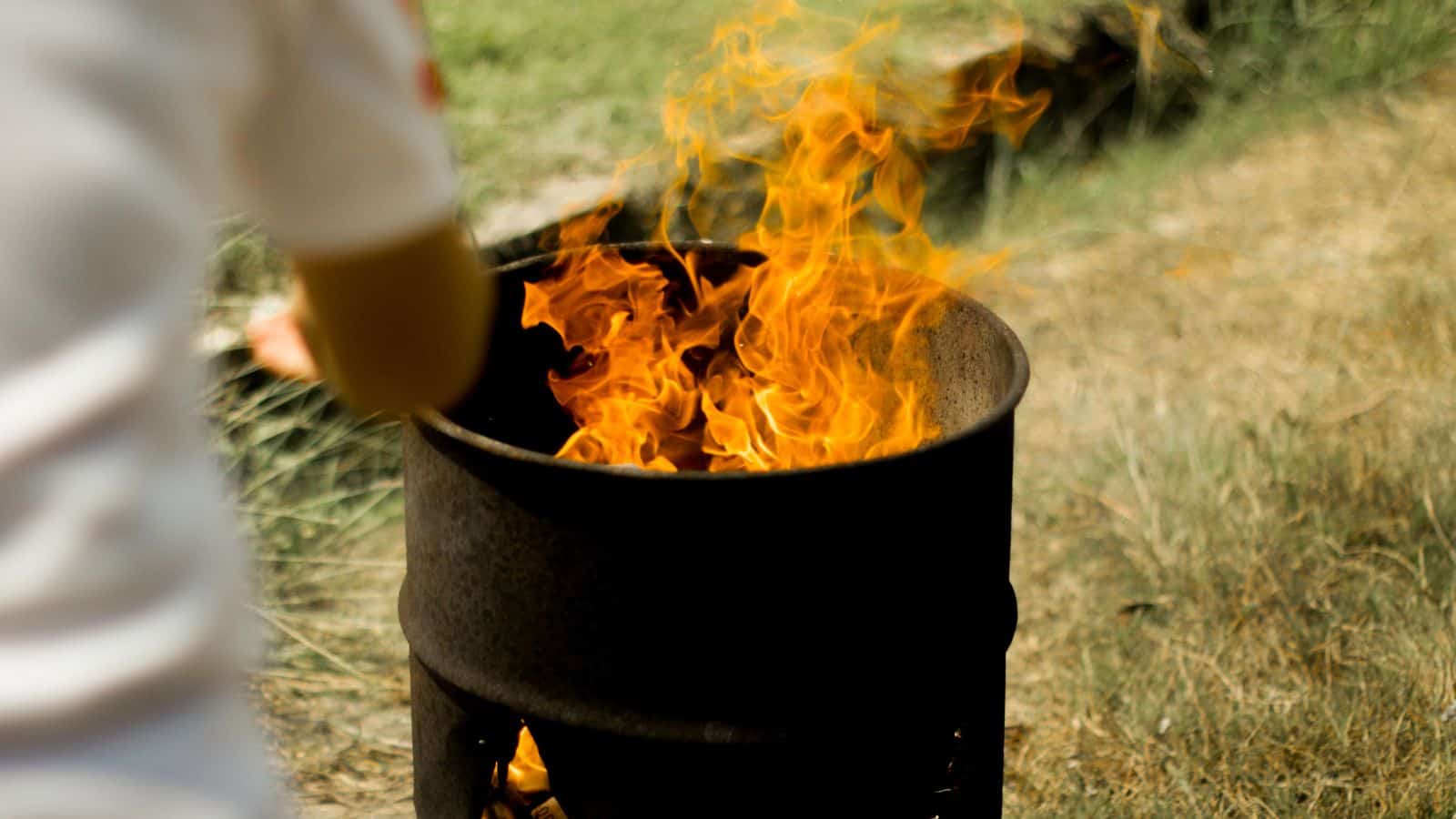
Burning yard waste like leaves, grass clippings, or branches is often restricted or prohibited due to its potential to increase air pollution, especially during summer. It can also pose a fire hazard to nearby properties or start wildfires. Most communities offer alternative solutions, like composting programs, designated dumping grounds, or special curbside collections.
Connecting to Someone Else’s Wi-Fi

It can be tempting to hop onto an unsecured Wi-Fi connection in times of need, but using someone else’s internet without their permission could be considered “unauthorized access to a computer system.” This is a crime in some jurisdictions because it poses a security risk. Always ask the network owner first (even if they’re a neighbor) before connecting to an open network.
Price Gouging

Taking advantage of emergencies or natural disasters to inflate prices on essential goods is illegal in most states. This includes things like food, water, gas, and generators during power outages or price hikes on bottled water after a flood. Price gouging laws are in place to protect consumers from unfair business practices during times of crisis.
Watering Your Lawn During a Drought
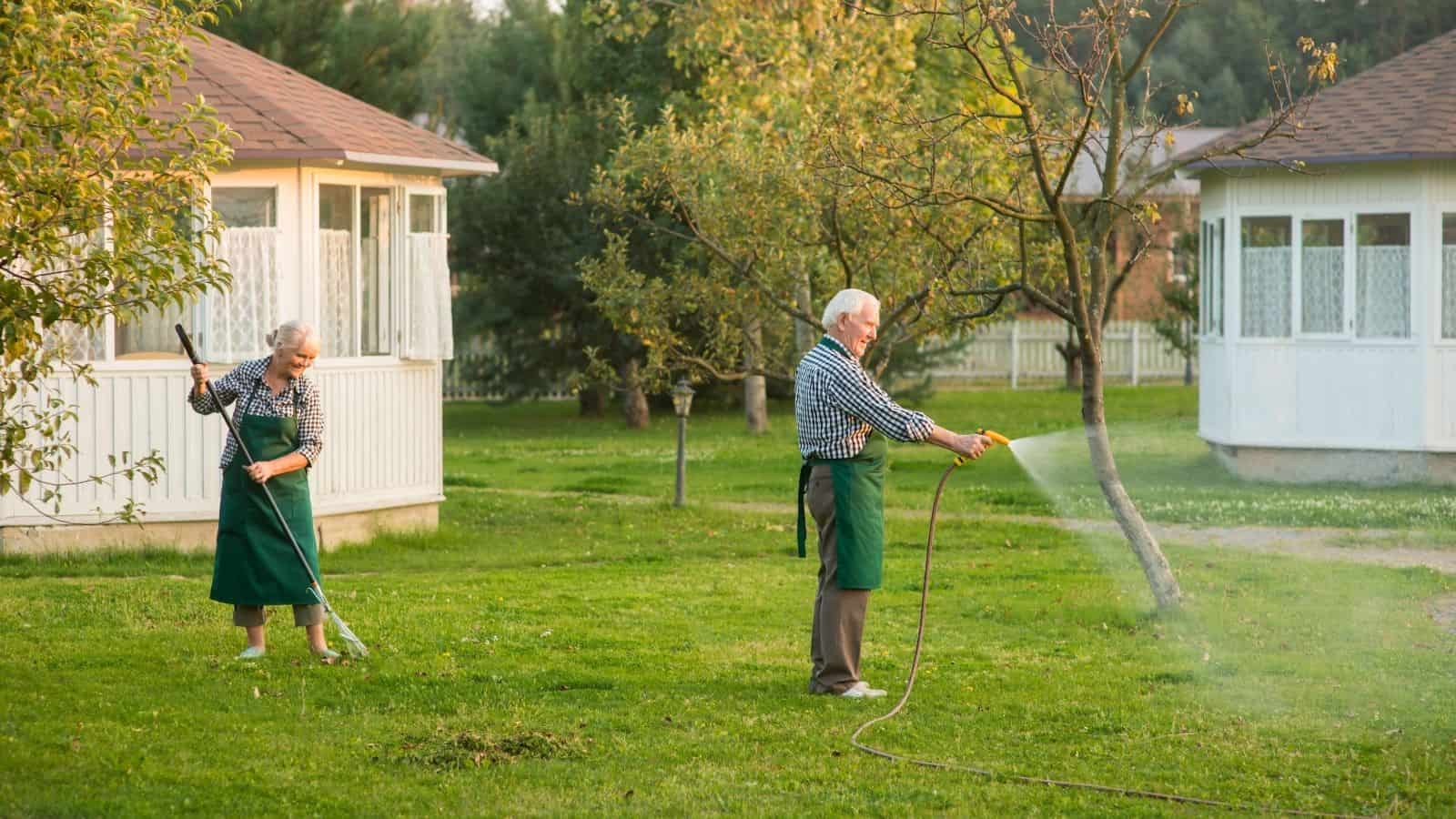
Water conservation is a necessity during times of drought, so many cities and towns restrict water usage for non-essential gardening, cleaning, and leisure activities, like washing your car, for instance. You need to check the specific regulations; lawn watering may be permitted on certain days, for restricted durations, or using specific methods (e.g., sprinklers vs. hoses.)
Selling Fireworks

Reader’s Digest reports that it is illegal to sell any consumer fireworks in Massachusetts and that several other states have restrictions, including most of the Western Seaboard. Fireworks may be decorative, but they’re technically explosives, and a permit is often required to sell them, particularly outside of public holidays like New Year’s and the Fourth of July.
Letting Your Dog Off Leash

Unless you’re exercising your dog on private property (with permission) or in a designated off-leash area (like a dog park), it’s typically a legal requirement that they be leashed. This is for the safety of both the dog and the public. An unleashed dog can be a danger to other pets, wildlife, and people, especially children. Loose dogs can even cause traffic collisions.
Panhandling on Intersections
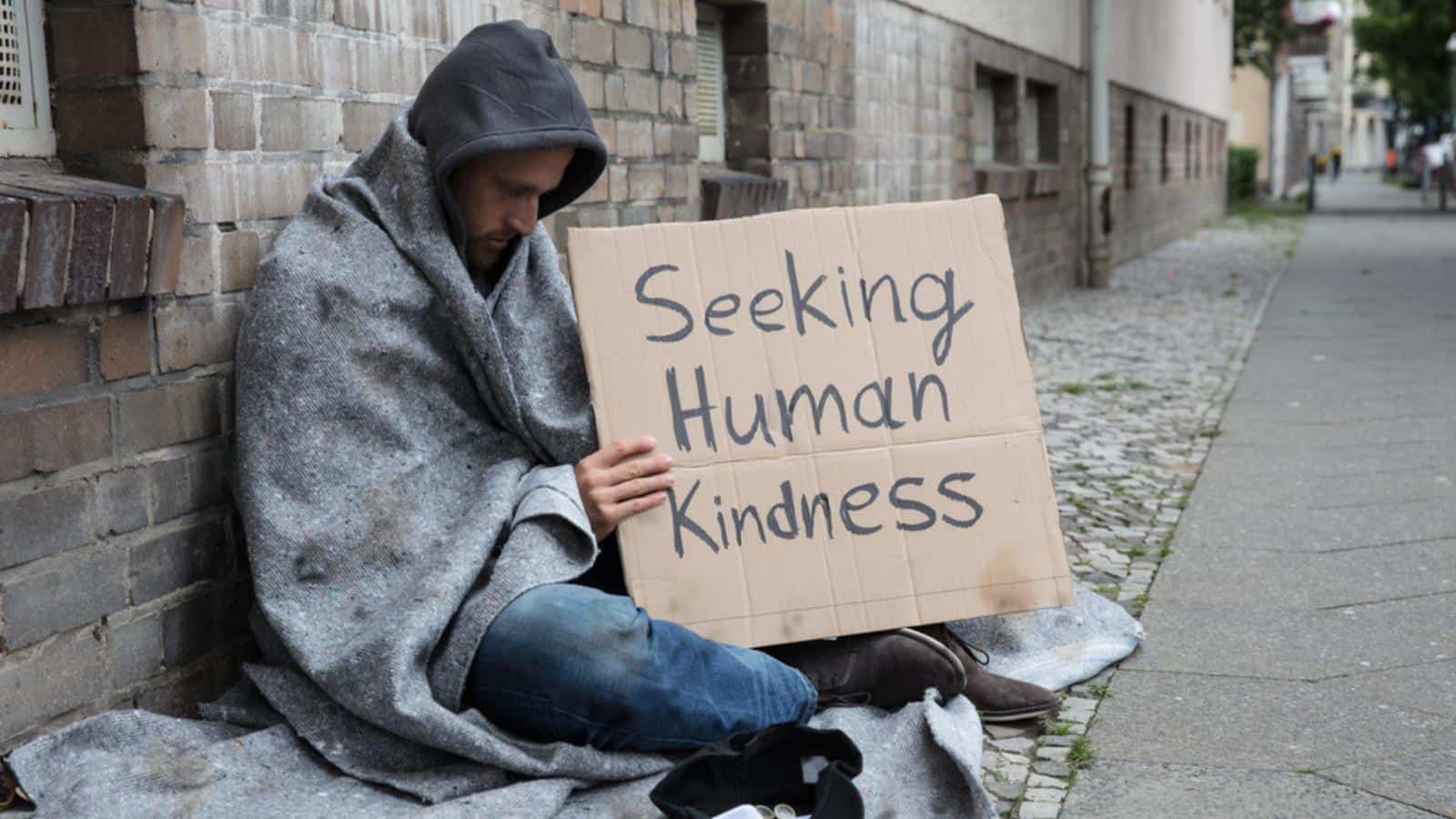
Soliciting money from motorists is a legal form of begging in the U.S., but there are often restrictions on where and how it can be done. Many cities and towns prohibit panhandling on medians, intersections, or near busy roads due to safety concerns—for both the driver and the panhandler. If you intend to panhandle, stick to designated areas as per local laws.
Trespassing
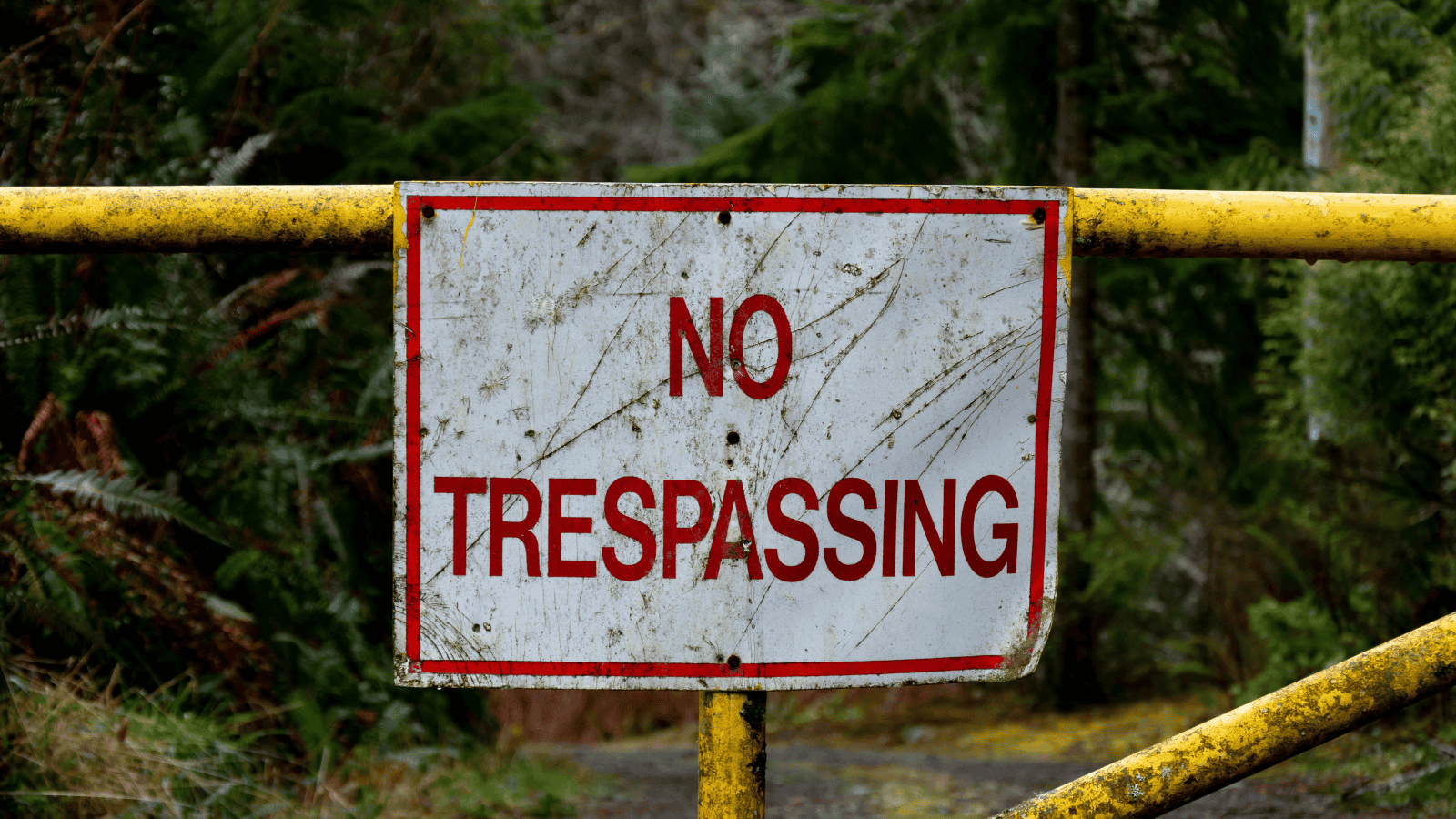
Many people don’t realize how strict the laws regarding private property are. Trespassing covers more than just entering someone’s front yard without permission and also applies to things like hiking on private land, swimming in a lake marked “no trespassing,” or taking shortcuts through someone’s backyard. You can be fined or even arrested for ignoring such boundaries.
Up Next: 18 Reasons Older Men Say ‘Nope’ To Relationships

Older men embrace being alone and generally prefer spending time in solitude. They’ve had a full, so don’t criticize them for being less social! The following 18 reasons explain why older men prefer to be alone and are redefining how they experience their retirement years.
18 REASONS OLDER MEN SAY ‘NOPE’ TO RELATIONSHIPS
18 Most Dangerous Cities in the World (5 Are in America)

Across the globe, there are many places you don’t want to find yourself because of the crimes waiting to occur. Sometimes, even nature can be cruel to you. This is particularly the case in the following 18 most dangerous cities in the world, five of which are in America!
18 MOST DANGEROUS CITIES IN THE WORLD (5 ARE IN AMERICA)
18 Reasons You Feel Like You Don’t Belong Anywhere

Feeling like you don’t belong anywhere can feel incredibly isolating. We need companionship to keep us connected to the world, so if you’re struggling to form relationships and don’t feel that you don’t fit in, here are 18 reasons why that might be.
